Essential Open Source DevOps Tools for 2023: A Comprehensive Guide
Written on
Chapter 1: Overview of DevOps Tools
The landscape of DevOps is constantly changing, presenting new challenges and opportunities on a daily basis. Open-source tools are instrumental in fostering effective collaboration and automation throughout the entire DevOps process. In this article, we will delve into 14 open-source tools that have set a benchmark, each serving a distinct phase of the DevOps workflow: planning, coding, testing, deployment, monitoring, and feedback. These tools enable teams to optimize their workflows, improve efficiency, and produce high-quality software at an unmatched speed.
Phase 1: Planning
Taiga
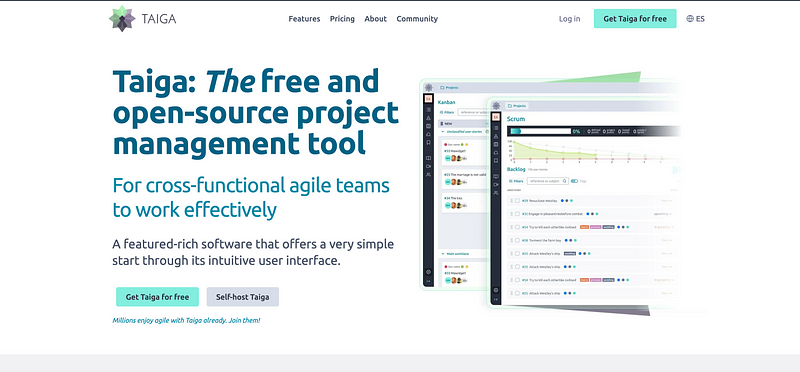
Taiga is a project management solution that supports planning, organizing, and managing tasks using user stories and sprints. It embraces agile practices and offers collaborative boards, backlogs, and progress tracking.
OpenProject
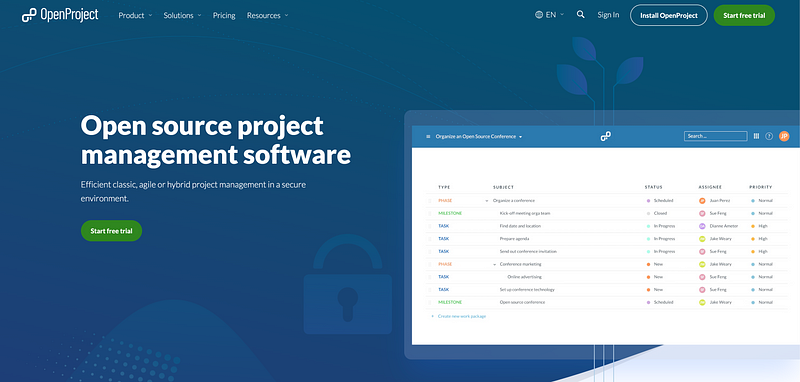
OpenProject is a flexible tool designed for project management, team collaboration, and issue tracking. It empowers teams to efficiently plan tasks, allocate resources, and develop roadmaps.
Phase 2: Coding
GitLab
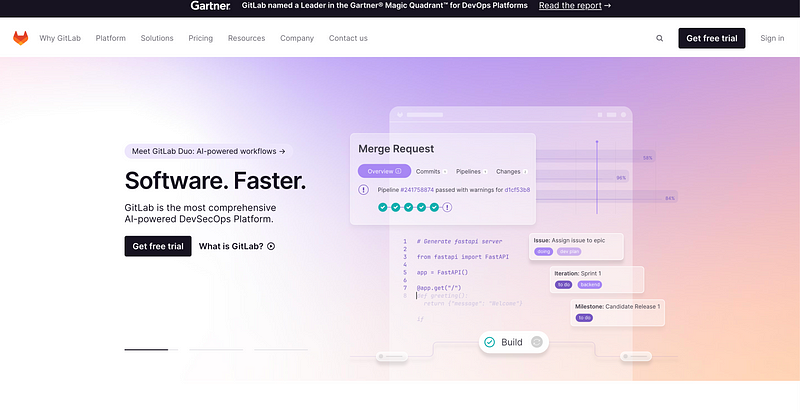
GitLab is a robust open-source platform that encompasses the complete DevOps lifecycle. It features version control, continuous integration/continuous deployment (CI/CD), and code review functionalities, all integrated into one interface.
Visual Studio Code
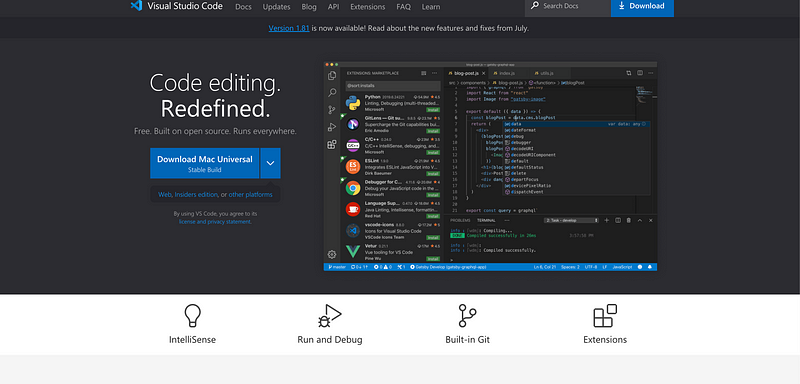
Visual Studio Code (VS Code) is a customizable open-source code editor that supports various programming languages. Its extensive extension library boosts coding productivity and collaboration.
Phase 3: Testing
Jenkins
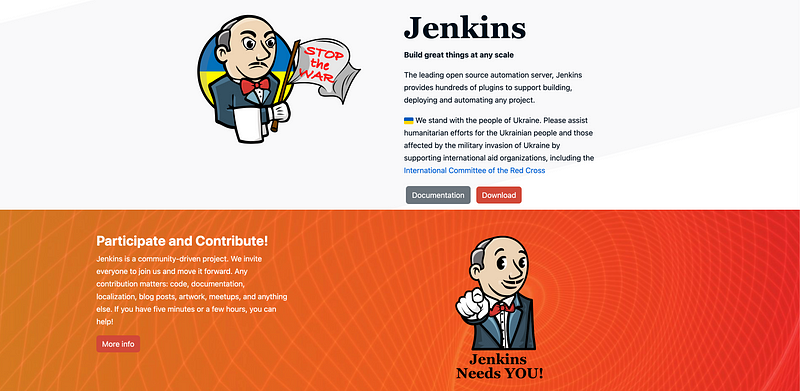
Jenkins is a widely recognized automation server that facilitates continuous integration and automated testing. It boasts a rich plugin ecosystem for integrating with numerous testing frameworks.
Selenium
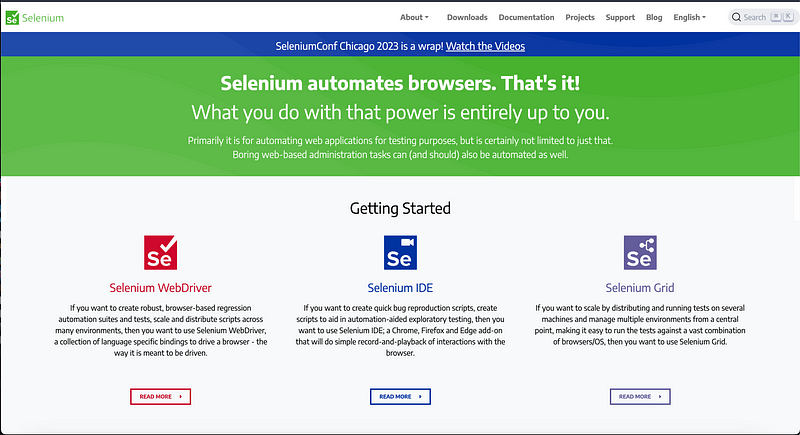
Selenium is a prominent framework for automating web application testing. It allows testers to create scripts in various programming languages to replicate user interactions.
Phase 4: Deployment
Ansible
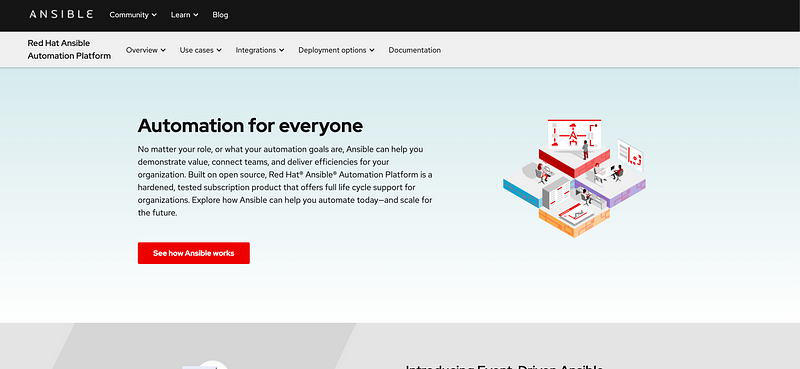
Ansible is an open-source automation tool that streamlines application deployment, configuration management, and orchestration. It uses a declarative syntax and requires no agent installation on the target servers.
Spinnaker
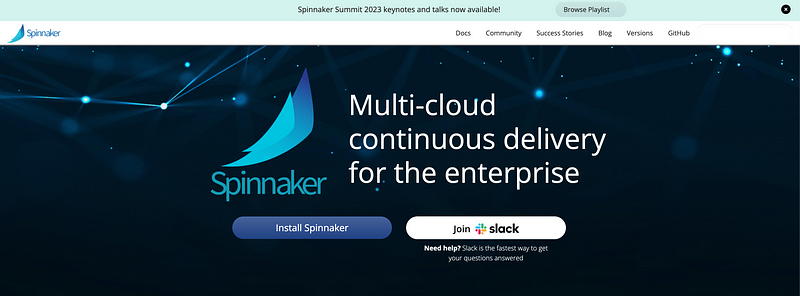
Spinnaker is a multi-cloud continuous delivery platform that simplifies intricate deployment pipelines, allowing teams to deploy applications confidently across various cloud environments.
Phase 5: Monitoring
Prometheus
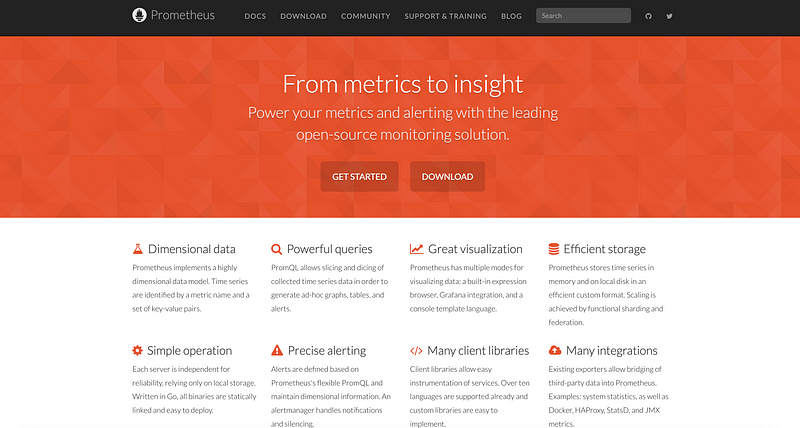
Prometheus is a monitoring and alerting toolkit that specializes in collecting time-series data. It assists teams in monitoring application and infrastructure performance.
Grafana
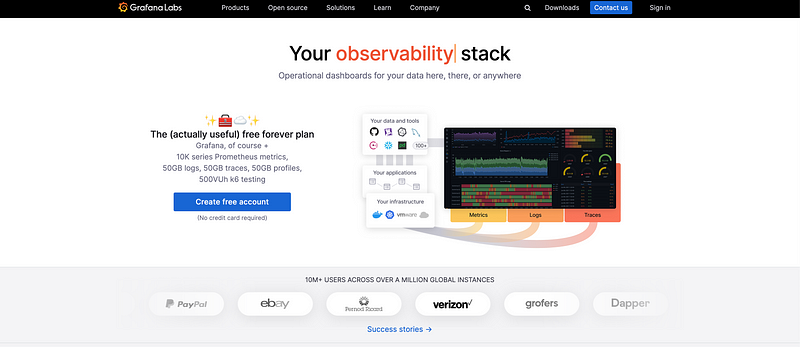
Grafana complements Prometheus by offering visually appealing, real-time dashboards and analytics, making it easier to visualize and understand metrics.
Phase 6: Feedback
Jira
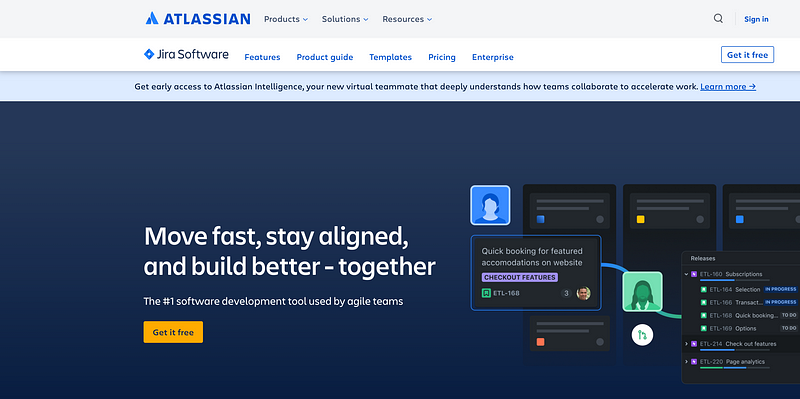
Jira is a renowned tool for issue and project tracking that enhances collaboration among teams. It facilitates effective bug tracking, task assignment, and progress monitoring.
Mattermost
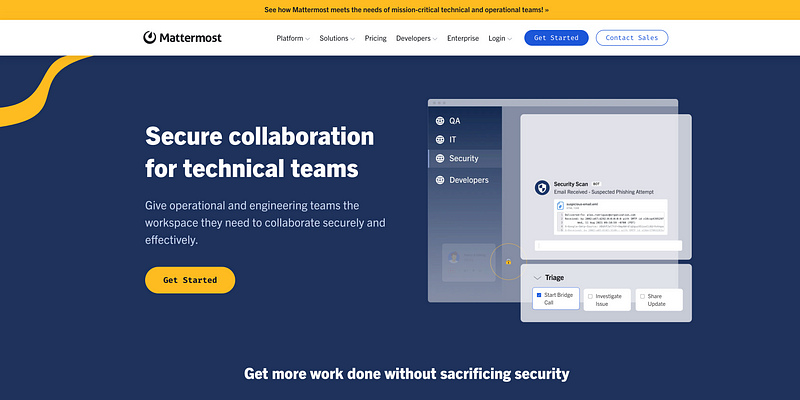
Mattermost is an open-source communication platform that provides real-time chat, file sharing, and integrations, fostering immediate feedback and collaboration.
Phase 7: Continuous Improvement
SonarQube
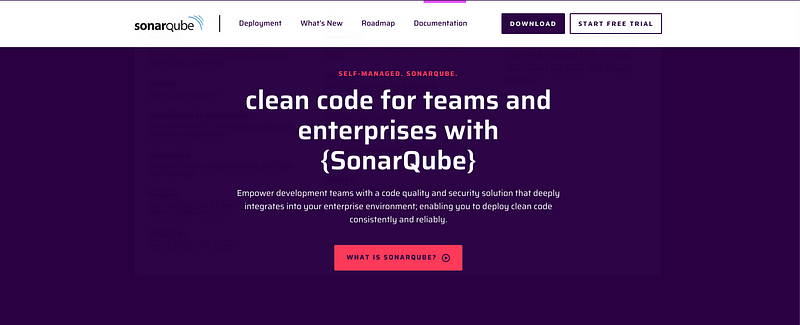
SonarQube is a platform for continuous code quality inspection. It detects code smells, bugs, and security vulnerabilities, enabling teams to uphold high coding standards.
Kiali
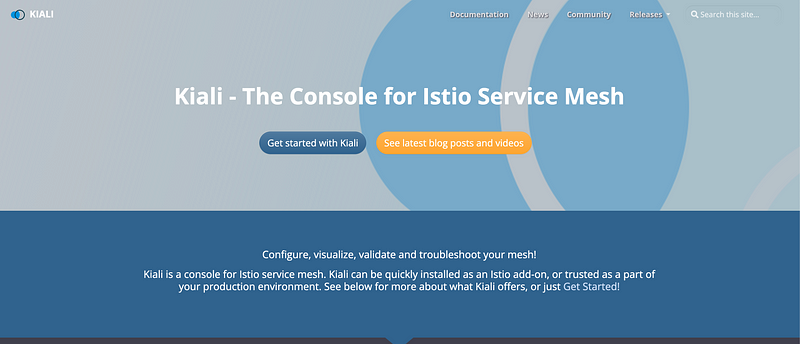
Kiali is an observability platform tailored for Istio, a popular service mesh for Kubernetes. It provides insights into microservices, enhancing the understanding and improvement of their interactions.
DevOps Tools to Unlock Your Potential
If you find these lists of tools helpful, be sure to explore my other compilations of DevOps tools below.
The first video titled "The Best DevOps Tools, Platforms, and Services In 2024!" offers a deep dive into essential tools and platforms that can enhance your DevOps practices.
The second video, "Top 5 Free Monitoring Tools for DevOps," presents valuable insights into effective monitoring solutions available for free.